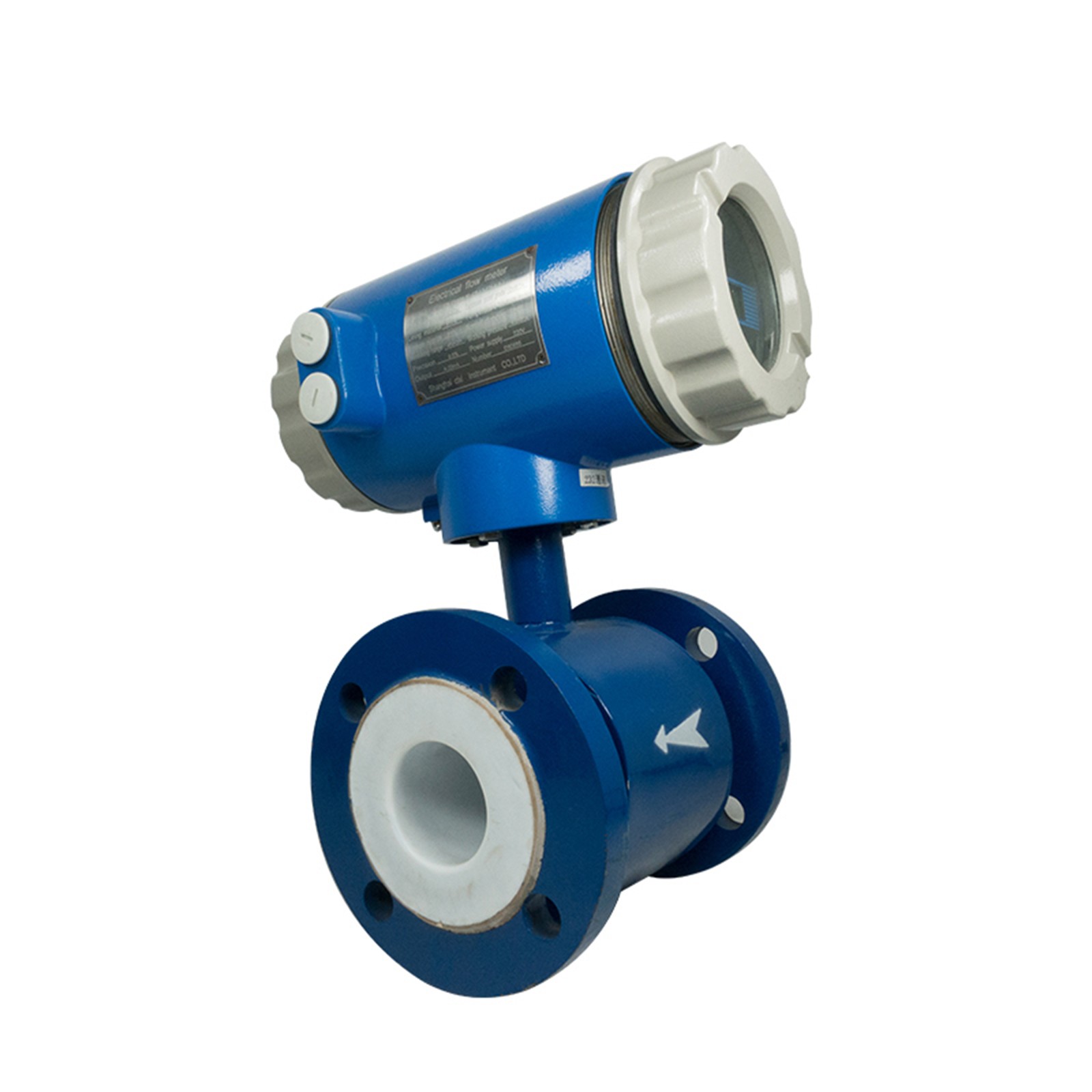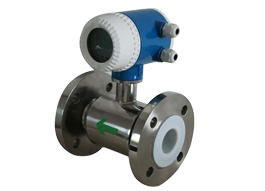

Email: sales01@cxflowmeter.com
whatsapp: 008618049841995
water level sensor
When selecting a water level sensor, you need to consider multiple factors to ensure that the selected sensor can meet the specific
application requirements and environment. Here are some key selection factors and suggestions:
1. Application environment
Industrial application:
Ultrasonic sensor: Suitable for industrial water level detection, it can detect in real time, and the liquid level detection is accurate and
the feedback signal is fast. However, it should be noted that ultrasonic sensors have a certain distance of blind spots, and have requirements
for the range and volume of the measured container.
Photoelectric sensor: It can also be used for industrial liquid detection, with high repeatability and detection accuracy, high reliability and
long life.
Home appliance application:
You can consider photoelectric or capacitive water level sensors. Ultrasonic water level sensors may not be suitable for home appliances and
small devices due to their large size, blind spots and requirements for range.
2. Sensor type and its characteristics
Float water level sensor:
Use a float that can move up and down to detect the water level, but it is easily affected by factors such as water level fluctuations, liquid
viscosity, debris, etc., and has a relatively short life.
Capacitive water level sensor:
Use the change of capacitance value to detect water level, but it can only be applied to water tanks made of non-metallic materials. Metallic
materials will interfere with the detection.
Ultrasonic water level sensor:
Measure the water level by emitting ultrasonic pulses and receiving the reflected echo. It has the advantages of accurate liquid level detection
and fast feedback signal, but it is large in size and not suitable for small equipment.
Photoelectric water level sensor:
Use the principle of light refraction to detect water level, with high repetition accuracy and detection accuracy, and is less affected by external
factors (such as pressure, temperature, density, etc.).
Other types:
Such as pressure type, optical type, resistance type, thermal type, magnetic float type, etc., each sensor has its own unique detection principle
and applicable scenario.
III. Performance parameters
Measurement accuracy: Select the appropriate measurement accuracy according to application requirements.
Response time: Consider the response speed of the sensor when the water level changes.
Stability and reliability: Select sensors with good stability and high reliability to reduce false alarms and failure rates.
Anti-interference ability: In an environment with strong electromagnetic interference, a sensor with strong anti-interference ability should
be selected.
4. Other factors
Cost: Choose a suitable sensor according to your budget.
Installation and maintenance: Consider the installation convenience and maintenance cost of the sensor.
After-sales service: Choose suppliers and brands with good after-sales service.
In summary, when choosing a water level sensor, you need to consider multiple factors such as the specific application environment, sensor
type and its characteristics, performance parameters, etc. In the actual selection process, it is recommended to consult professionals or refer
to relevant technical information for more detailed information and suggestions.
If you are thinking of buying a level meter and don’t know how to choose, you are welcome to consuCIXIFM winny at any time
Email: sales01@cxflowmeter.com
whatsapp: 008618049841995










hotline
(86)021-57632436